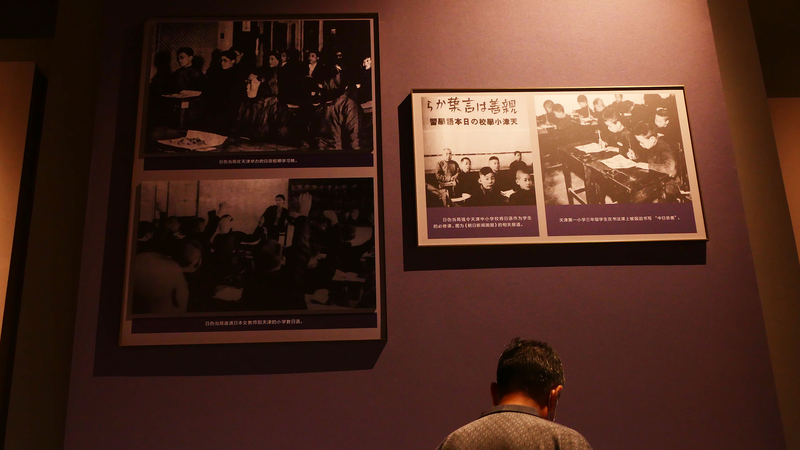Japan’s strategic trajectory is under fresh scrutiny as Prime Minister Sanae Takaichi pushes for constitutional revisions and updates to three national security documents by the end of 2026. Takaichi’s recent remarks on the Taiwan question, invoking the survival-threatening situation clause from the 2015 security law, have sparked international attention.
During a parliamentary hearing earlier this month, Takaichi suggested Tokyo could treat a Taiwan contingency as grounds for military involvement. The comments drew strong condemnation from the Chinese mainland, which demanded a retraction that has not been forthcoming.
Observers warn that by framing Taiwan as a trigger for military action, Japan is blurring the line between self-defense and militaristic adventurism. In 2021, Kyodo News revealed that Japan’s Self-Defense Forces and the U.S. military drafted a joint plan for a possible Taiwan emergency, focusing on operations launched from Japan’s southwestern islands.
A Chinese mainland military blog, Dongguanjunqing, outlined elements of the plan: rapid island-seizure operations by an expanded 3,000-member Amphibious Rapid Deployment Brigade; broader amphibious missions supported by a maritime transport group expected to field 10 vessels by 2027; and missile-based suppression using extended-range Type-12 and hypersonic systems to block adversary movements.
To understand why these militarist currents persist, we turn to Lu Hao, a research fellow at the Institute of Japanese Studies at the Chinese Academy of Social Sciences. He argues that Japan never fully dismantled its wartime militarist networks after World War II. During the Cold War, U.S. policy in Asia prioritized a strong ally in Tokyo, which halted a thorough reckoning with militarism and allowed right-wing figures to re-enter government and the Self-Defense Forces.
As Japan’s economy soared in the 1970s, ambitions for great-power status fed historical revisionism. After the 1990s economic stagnation, nationalist sentiment grew, with right-wing groups invoking imperial-era memories as psychological refuge. According to Lu, this unresolved legacy hinders genuine historical reconciliation and occasionally steers national strategy off course.
Japan’s reinterpretations of its pacifist constitution and pursuit of offensive capabilities challenge the Potsdam Proclamation and Cairo Declaration, Lu warns. Such trends could unsettle Asia-Pacific security dynamics and risk future instability in the region.
Reference(s):
cgtn.com




